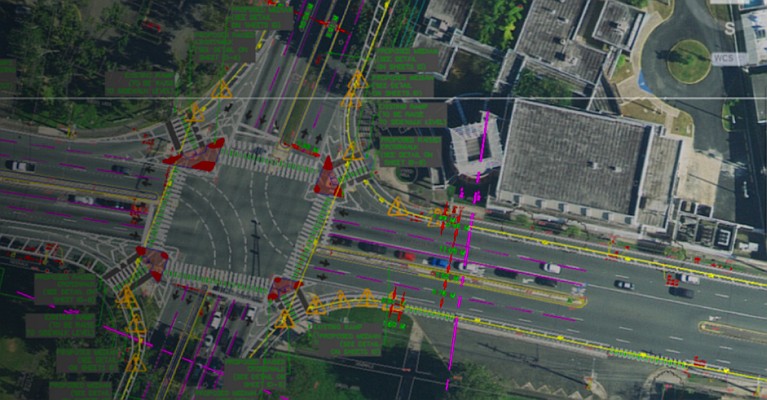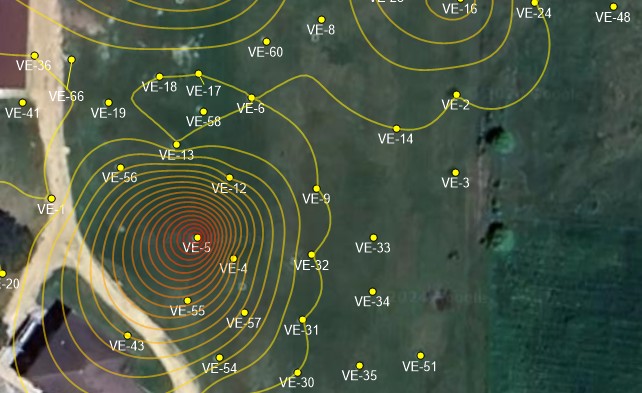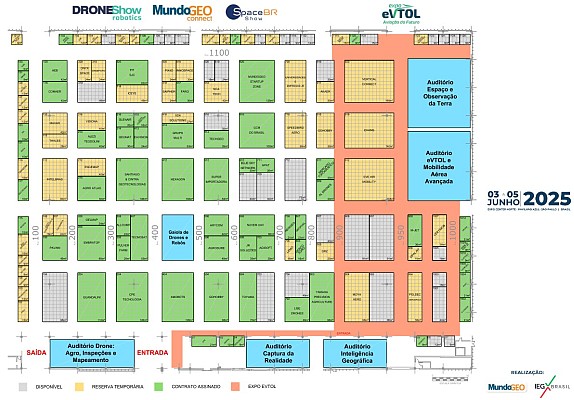Virtual Environment Allows Students to Learn GIS Skills that Go Beyond What In-Person Lectures Can Provide
Educators and students have realized the benefits of online education, but now American Sentinel University’s new innovative educational strategy offers a way for students to explore given geospatial topics in greater depth that go beyond a typical classroom environment.
Dr. Stephen McElroy, GIS program chair at American Sentinel University will be profiling the university’s new Geospatial Learning Lab in his presentation, ‘Online Geospatial Learning Lab as an Innovative Educational Strategy’ on Wednesday, April 10 at 8:40am as part of the Cyberlearning, Geogames and Geodesign meeting track at The Association of American Geographer’s (AAG) Annual Meeting April 9 – April 13 in Los Angeles, Calif. at the Westin Bonaventure Hotel.
The Geospatial Learning Lab was designed as part of American Sentinel’s new online Master of Geospatial Information degree program as a forum where students can interact with instructors and each other in an active learning community.
Students gain access to additional educational material – including advanced tutorials and case studies, GIS data downloads and geospatial innovations – to develop a greater mastery of concepts and how they are applied.
“As important as materials are, so are interactive capabilities for students and teachers that form what likens to a learning commons,” says Dr. McElroy. “We deployed a number of educational technologies such as VoiceThread and Yammer and other interactive, multimedia resources to facilitate the interaction and exchange of ideas and information so that all those involved in the learning process can exchange ideas, information, critiques and insights to enhance the opportunities for all involved.”
To better track achievement, students receive badges to signify increased competency, like a university’s equivalent of scouting merit badges.
There are three levels of badges – basic, intermediate and advanced – and students can gain them in six concept groups: basic calculations, geospatial data management, geoprocessing, raster modeling and 3D analysis, remote sensing and imagery and spatial statistics. Students incorporate their badges into an ePortfolio that documents each student’s academic progress through their studies.
“The end result is a virtual environment that goes beyond what an in-person lecture or discussion could provide,” says Dr. McElroy. “Interactions aren’t restricted to given time slots and whatever materials are on hand and most importantly, students can engage each other and teachers without artificial time restrictions. They can also bring to bear a wealth of materials that can help all involved expand upon their grasp of geospatial topics.”
Dr. McElroy will profile the new Geospatial Learning Lab on April 10 during his 8:40 am presentation at the AAG Annual meeting. For more details or to register for the AAG Annual meeting, go to here.
Learn more about American Sentinel University’s new GIS master’s degree program here.







